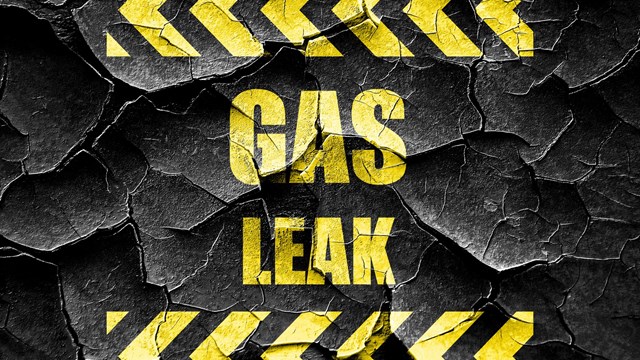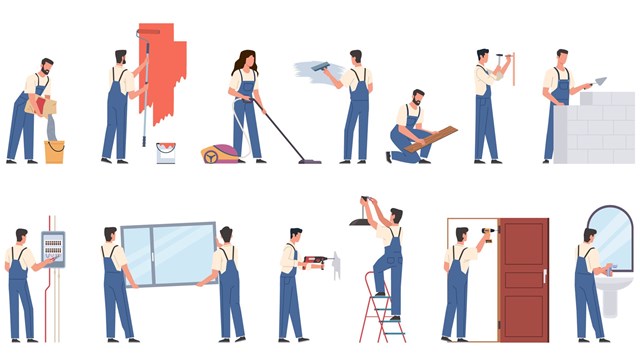
General Liability Coverage for an insured's negligent
acts or omissions that cause personal or bodily injury to another person or
damage to another's property. As loss ratios climb and new legislation like sidewalk liability and lead
paint take effect, underwriters remain cautious.Umbrella Liability A form of catastrophe liability coverage usually
issued in $1 million increments. Protects policyholders against high damage
awards in excess of the limit provided by a basic policy. Purchasing groups offering $200 million of coverage for $25 per unit a few
years ago are now at least $50 to $100 million in coverage for over $60 per
unit cost.
Environmental Insurance Provides protection against financial loss
arising from pollution. Majority of property and casualty policies do not insure
pollution risk. With new lead law going into effect in August and mounting mold claims, the
window for purchasing reasonably priced coverage is small.Property Insurance Refers to coverage for loss or damage to belongings
of the policyholder. Rates have leveled off in most cases and reductions for loss-free accounts
are becoming prevalent.
Business Interruption Insurance/Loss of Rents/Maintenance Fees A form
of property insurance that indemnifies the policyholder for loss of business
income, or above-normal additional expenses to continue operations resulting
from property damage. Rates have leveled off in most cases.Boiler and Machinery Insurance A form of property insurance covering
losses caused by breakdown of, or damage to, certain kinds of machinery. Rates
have leveled off in most cases.
Directors & Officers Liability Insurance Claims by shareholders,
employees and other third parties for allegations such as fraud, antitrust,
unfair trade practices, defamation, and breach of contract against board members,
among other things. Rates are currently stable, but the market could change.Employee Dishonesty Bonds Coverage for dishonest acts such as theft
or forgery by an employee. It is important that your managing agent is defined
as an employee. Rates are currently stable in most cases.
Worker's Compensation Insurance Protection providing benefits for workers
injured or contracting illness while on the job. Required in all states, this
insurance covers medical treatment and loss of wages - differs from state to state.
Pending legislation on the table in Albany could affect rates in 2004. - Michael Zeldes, Kaye Insurance






Comments
Leave a Comment